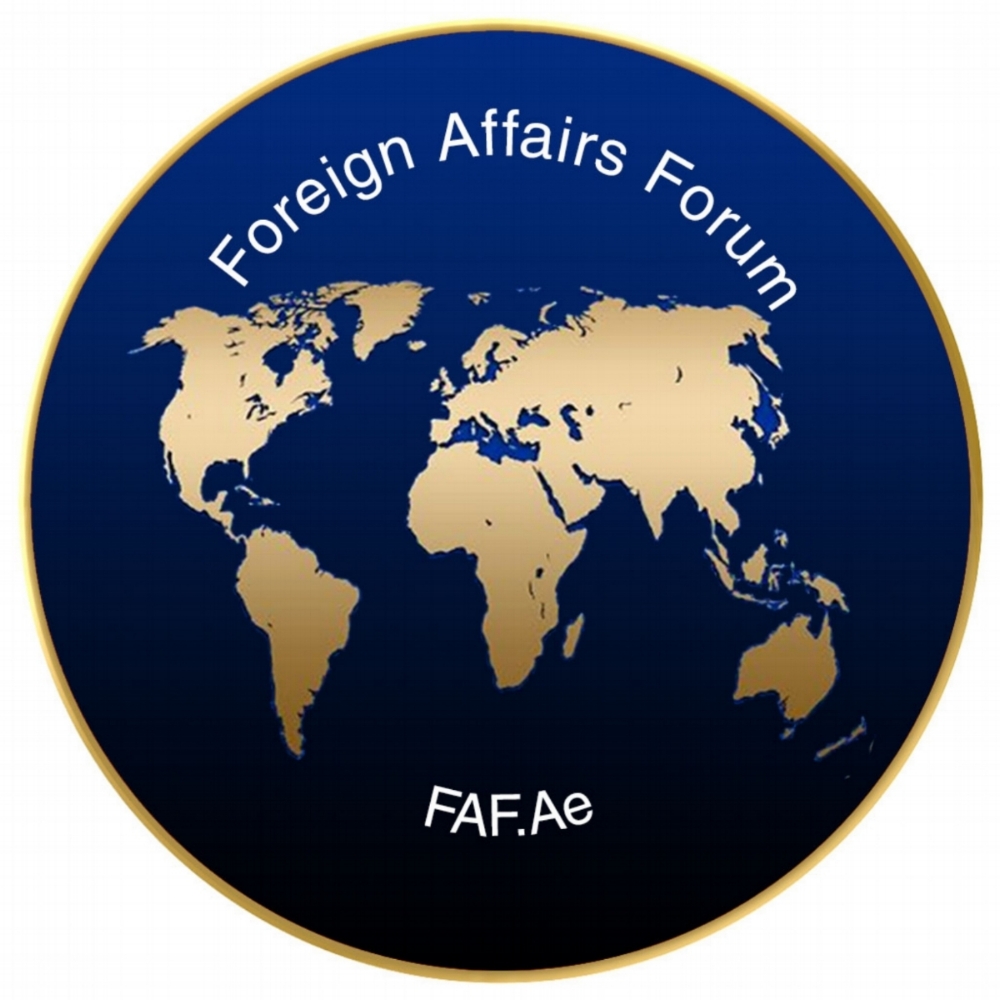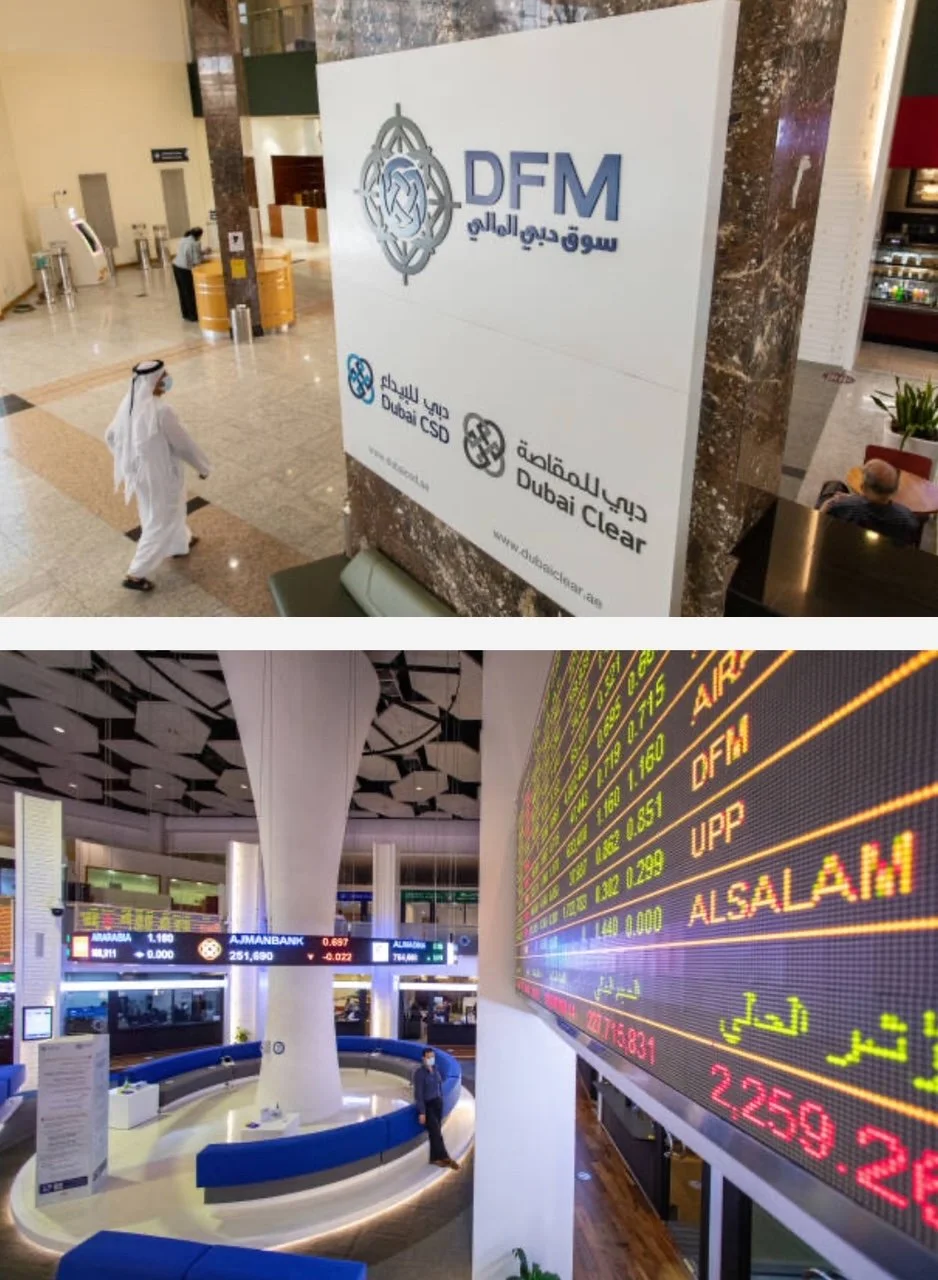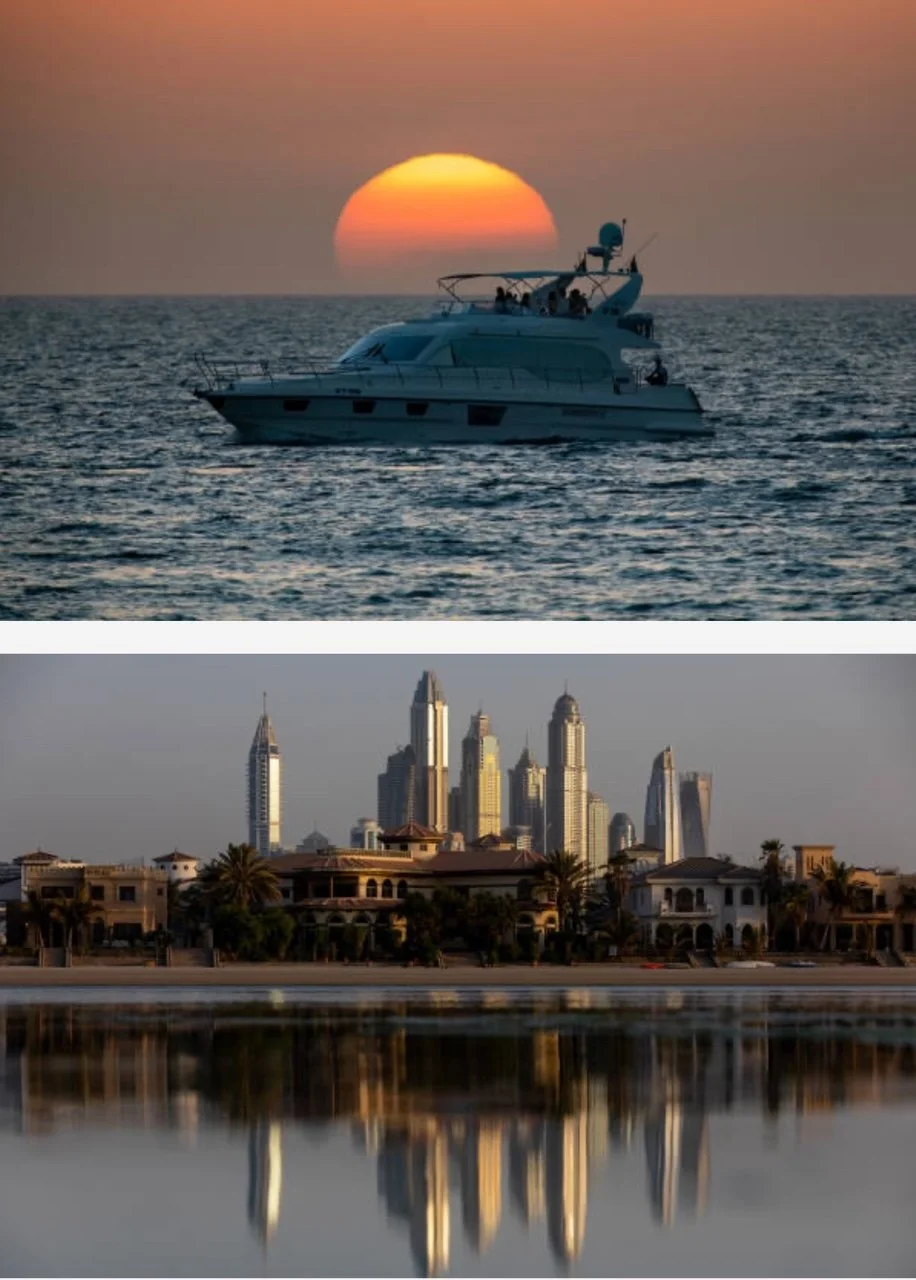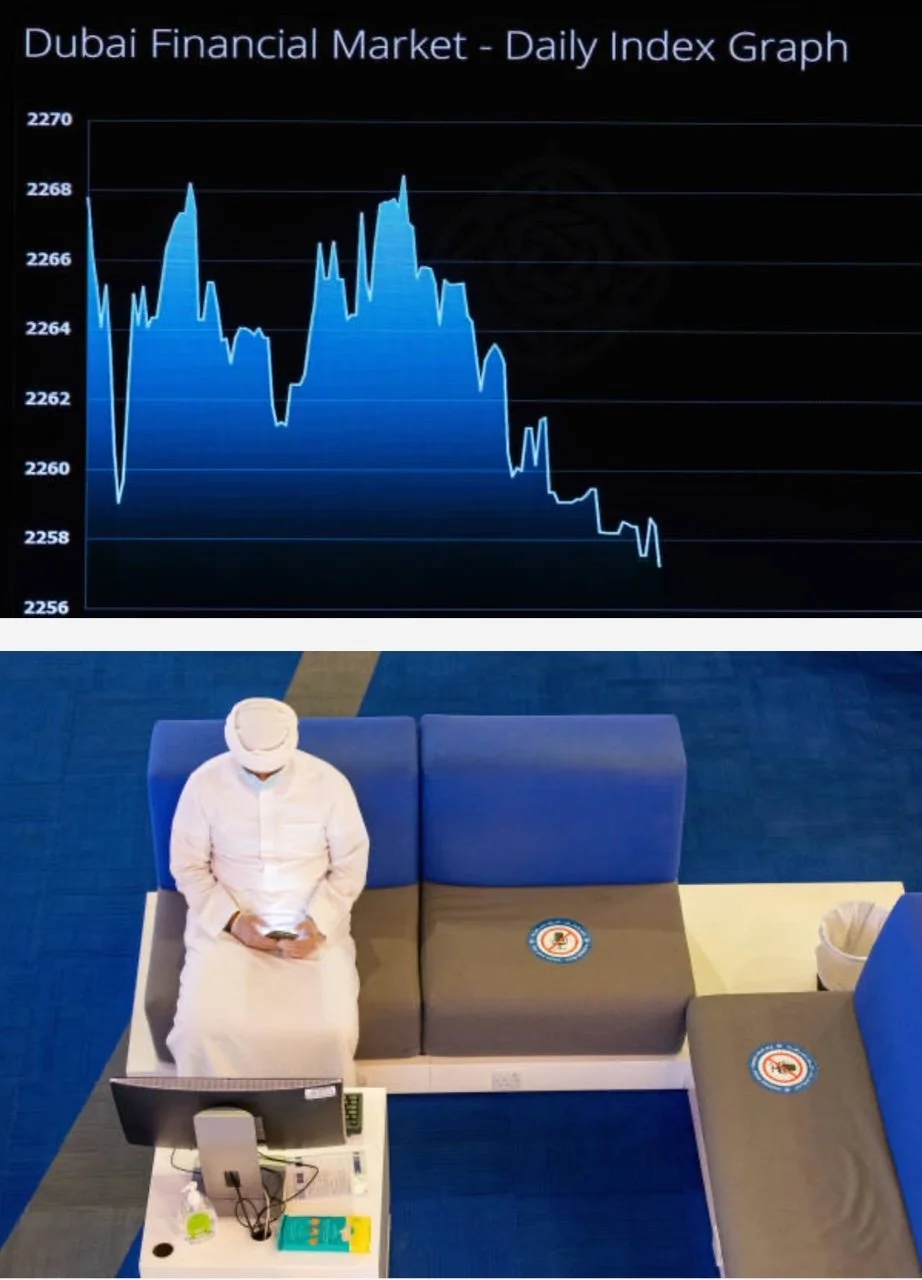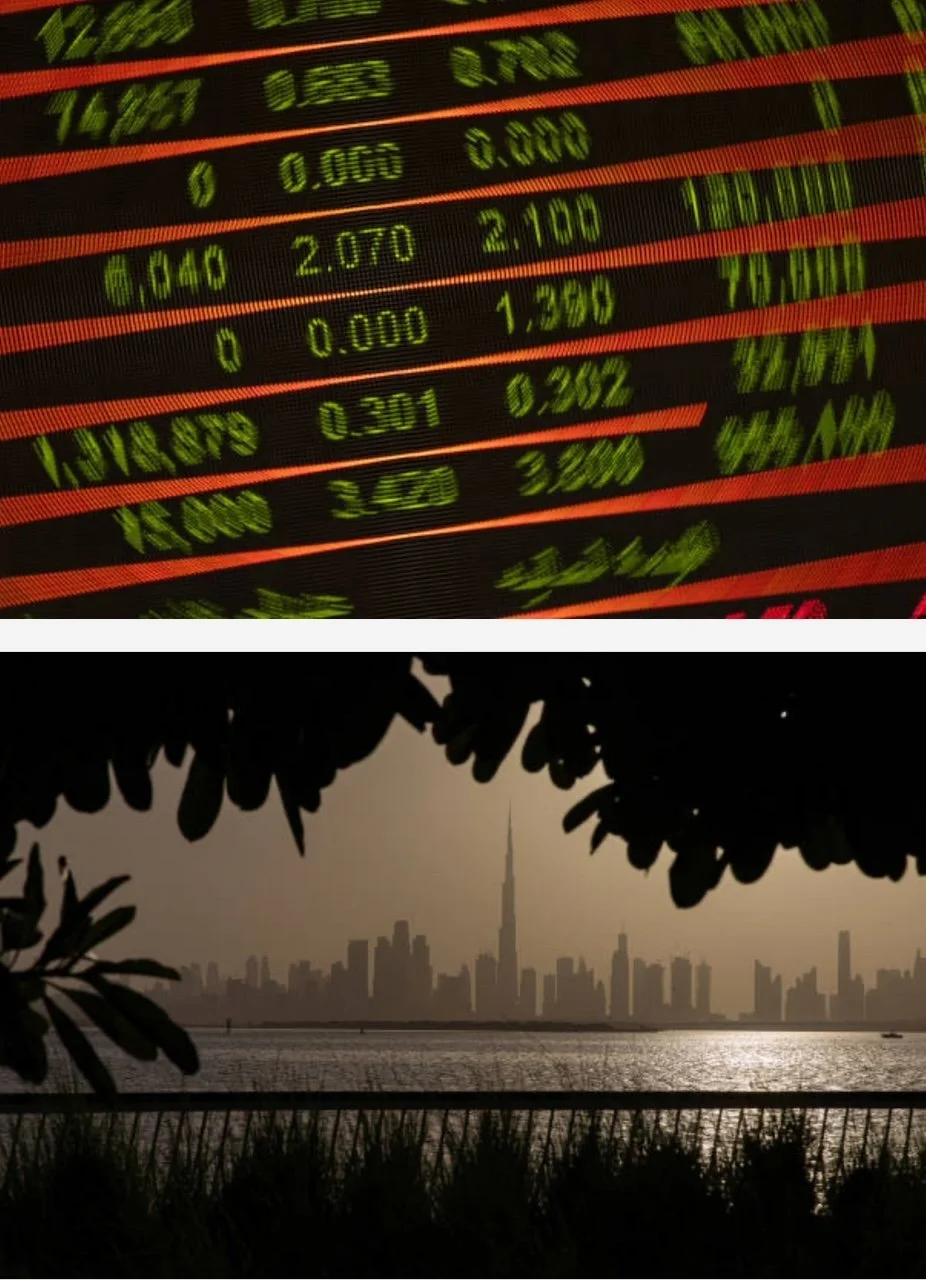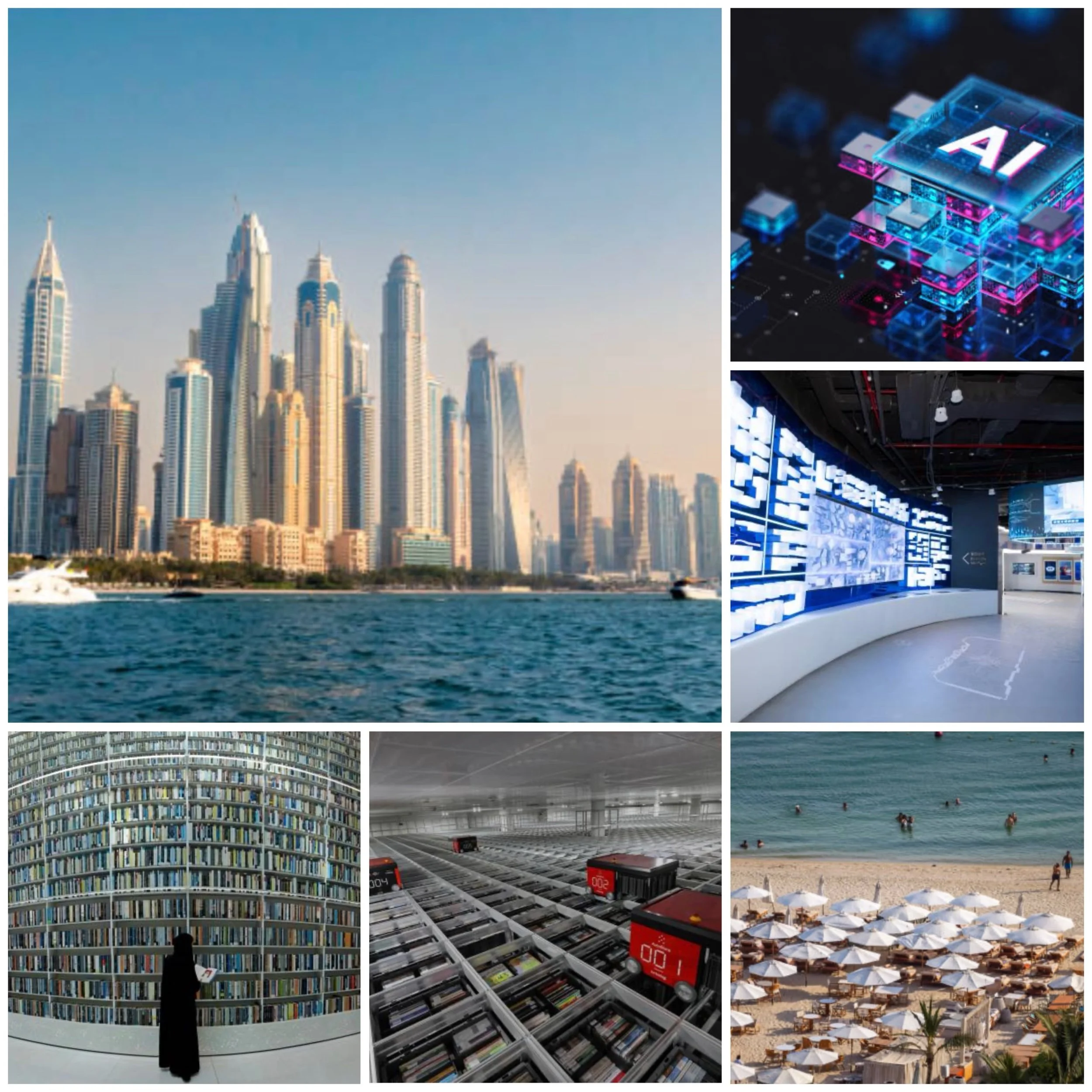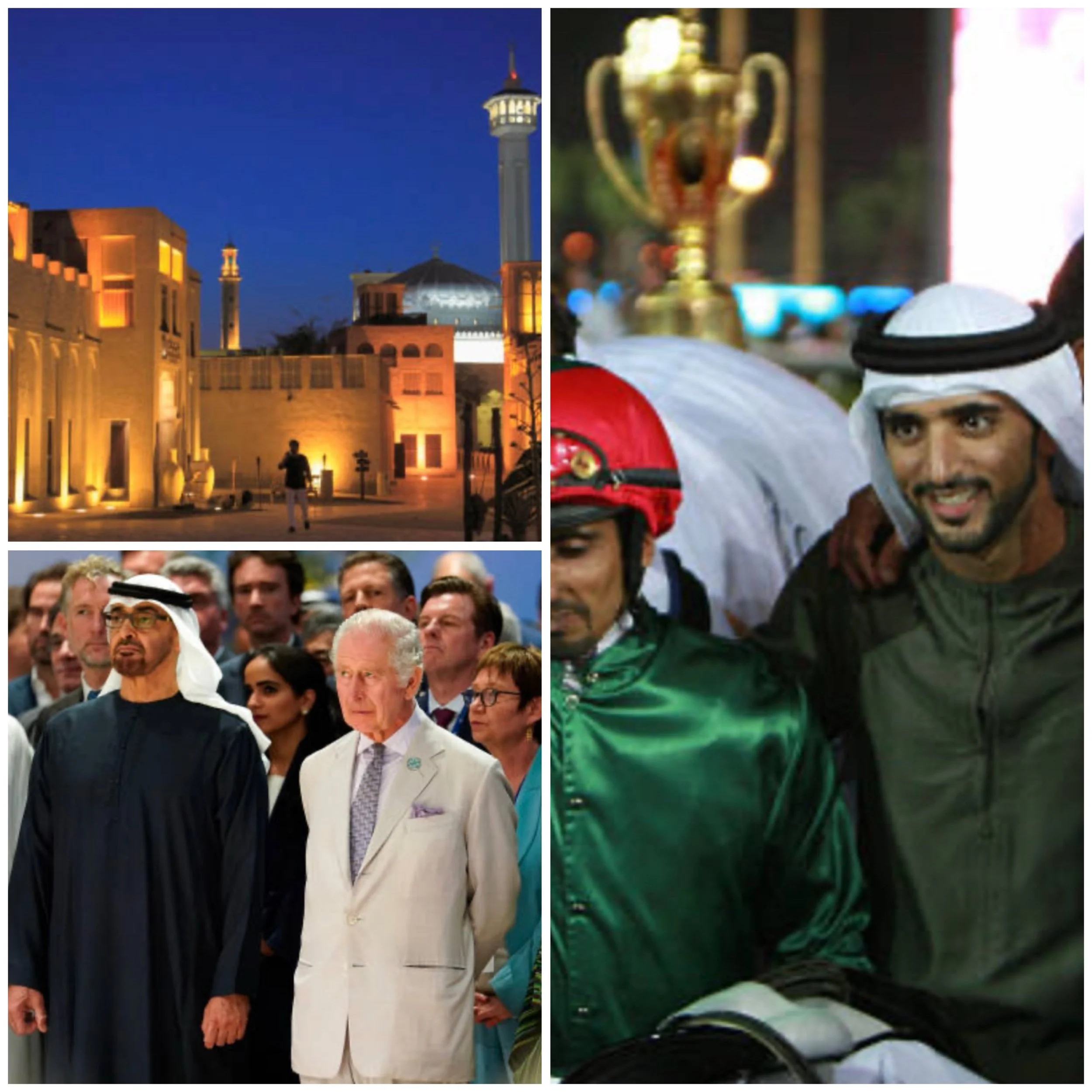What are Top 5 investments in Dubai?
Introduction
Dubai, the jewel of the United Arab Emirates, has captivated the world with its rapid development, futuristic skyline, and vibrant business landscape. As a global financial and commercial hub, Dubai offers a myriad of opportunities for investors from around the world. This text aims to provide an insightful overview of the advantages, sectors, and considerations when it comes to investing in Dubai.
Dubai's strategic location between East and West, coupled with its favorable business environment, has made it a magnet for international investment. Its world-class infrastructure, state-of-the-art transportation systems, and modern facilities provide a conducive environment for businesses to thrive. The strategic vision of the Dubai government, with its focus on diversifying the economy and creating a business-friendly ecosystem, further enhances its appeal to investors.
One of the critical factors that make Dubai an attractive investment destination is its strong economic growth. The city has witnessed remarkable expansion in various sectors, including real estate, tourism, finance, technology, and healthcare. Dubai's robust economy, led by its free trade zones and strategic vision, offers a stable and secure environment for investment, with numerous incentives and tax benefits for businesses.
Moreover, Dubai's commitment to innovation and entrepreneurship has created a vibrant startup ecosystem. The Dubai International Financial Centre (DIFC) and Dubai Internet City (DIC) are thriving hubs for technology and financial services, attracting startups, established companies, and venture capital firms. The government's initiatives, such as Dubai Future Accelerators and Dubai Innovation Index, further drive innovation and foster the growth of entrepreneurial ventures.
Dubai's real estate sector, known for its iconic skyscrapers and luxurious developments, presents enticing investment opportunities. With an array of residential, commercial, and mixed-use projects, investors can tap into a dynamic property market that attracts buyers, tenants, and tourists from around the world.
While Dubai offers a wide range of opportunities for investors, it is crucial to consider various factors for successful investment. Understanding local regulations, market trends, cultural norms, and legal frameworks is essential. Conducting thorough due diligence and seeking professional advice can help navigate the nuances of investing in Dubai.
Investing in Dubai presents a wealth of opportunities in a dynamic and thriving global hub. With its strategic location, robust economy, business-friendly environment, and innovative ecosystems, Dubai attracts investors from various industries. However, careful consideration and extensive research are key to making informed investment decisions in this dynamic market. By capitalizing on Dubai's strengths and understanding the local landscape, investors can unlock the potential for success and reap the rewards of investing in this global powerhouse.
History
Dubai's economy has undergone a remarkable transformation in the last decade, diversifying from its traditional reliance on oil to becoming a global business and tourism hub. The city's evolution has been driven by a strategic vision and concerted efforts by the government to create a favorable business environment. This text aims to provide an insightful overview of the key developments and sectors that have shaped Dubai's economy in the last decade.
One of the significant drivers of Dubai's economic growth has been its focus on diversification. Recognizing the finite nature of oil reserves, the Dubai government has embarked on a mission to reduce dependence on oil and transition into a knowledge-based economy. This shift has been supported by investments in sectors such as finance, real estate, tourism, technology, and healthcare.
Dubai's real estate sector has experienced tremendous growth, with iconic skyscrapers, luxurious residential developments, and world-class shopping malls dotting the city's skyline. The real estate boom has attracted global investors and residents, creating a vibrant property market that continues to thrive.
Dubai's property market has experienced a significant surge in prices, largely attributed to a massive influx of Russian investors. For several years now, the UAE, particularly Dubai, has been a favored destination for wealthy individuals and businessmen from around the world. With its stable market and luxurious lifestyle, Dubai has attracted global attention and has become a hub for expatriates, with nearly 90 percent of the UAE's population comprising foreign nationals.
The real estate market in Dubai experienced a significant boost in 2022, largely driven by the investments of Russian billionaires. Data shows that these investments led to a staggering 47 percent increase in property costs, marking a substantial change in the market's stability. The effects of this influx were evident within the first few months of the year, as Dubai witnessed its most prosperous real estate market in years.
According to the Dubai Land Department, sales in the sector skyrocketed by 45 percent year-on-year in April 2022, followed by an impressive 51 percent increase in May. The impact of these investments was further highlighted by the high number of residential sales transactions recorded in the year. With over 86,000 transactions, Dubai surpassed the previous record of 80,000 set in 2009. Furthermore, the total value of property sold in 2022 reached a staggering $56.6 billion, a remarkable increase of over 80 percent compared to 2021.
These figures indicate the substantial influence of Russian billionaire investments on Dubai's real estate market. While they have contributed to the market's impressive growth, they have also raised concerns regarding affordability and sustainability. Balancing these factors will be crucial for the long-term success and stability of the Dubai real estate sector.
Furthermore, Dubai has positioned itself as a global financial hub, with the establishment of free zones, such as the Dubai International Financial Centre (DIFC). The DIFC has attracted leading financial institutions, multinational corporations, and fintech companies, offering a business-friendly environment and regulatory framework that rivals global financial centers.
Another significant sector that has contributed to Dubai's economic development is tourism. The city has invested heavily in tourism infrastructure, including theme parks, luxury hotels, and world-class entertainment venues. Dubai's efforts to diversify its tourism offerings beyond traditional leisure tourism have paid off, with the city becoming a popular destination for business conferences, exhibitions, and international events.
Additionally, Dubai has prioritized innovation and technology as key drivers of economic growth. Initiatives such as Dubai Internet City and Dubai Silicon Oasis have attracted tech companies and nurtured a thriving startup ecosystem. The government's focus on fostering innovation, entrepreneurship, and transforming Dubai into a smart city has propelled the city's technological advancements and digital transformation.
Dubai's economy has undergone a significant transformation in the last decade, diversifying from its reliance on oil to becoming a global business and tourism hub. The emphasis on diversification, coupled with investments in sectors such as real estate, finance, tourism, and technology, has propelled Dubai's economic growth and global standing. As the city continues to evolve and adapt to changing economic dynamics, its strategic vision and commitment to innovation position it for continued success in the years to come.
Facts
Dubai, the bustling metropolis located in the United Arab Emirates, has long been renowned for its stunning architecture, luxurious lifestyle, and transformative development. Always striving to push boundaries and redefine urban living, Dubai recently unveiled its ambitious Urban Master Plan for 2040. This comprehensive plan serves as a guiding framework to shape the city's future landscape, prioritizing sustainable growth, community well-being, and technological advancements.
One of the key objectives of the Dubai Urban Master Plan 2040 is to enhance the quality of life for residents and visitors alike. To achieve this, the plan focuses on creating an inclusive, vibrant, and connected city. With extensive research and analysis, the plan aims to optimize land use and urban density, ensuring efficient utilization of resources while minimizing environmental impact.
Sustainability lies at the core of the Dubai Urban Master Plan 2040. Recognizing the importance of environmental preservation, the city aims to become one of the world's most sustainable destinations. The plan introduces various eco-friendly initiatives, including the development of green spaces, introducing renewable energy technologies, and implementing advanced waste management systems. These measures not only enhance environmental sustainability but also foster a healthier and more enjoyable living experience for residents.
Connectivity and mobility also form an integral part of the Dubai Urban Master Plan 2040. The city aims to create an efficient and seamless transportation network that integrates various modes of public transit. This includes expanded and enhanced metro lines, a comprehensive bus system, and the introduction of autonomous vehicles. Investing in smart transportation systems will help reduce traffic congestion, minimize carbon emissions, and improve overall mobility within the city.
Dubai's commitment to innovation and technology is evident in the Urban Master Plan 2040. As part of the Smart Dubai initiative, the city envisions a future where advanced technologies are integrated into every aspect of urban life. This includes embracing the Internet of Things, enhancing digital infrastructure, and leveraging data to optimize city services and enhance the overall well-being of residents. The plan aims to create a future-ready city where technology and innovation are seamlessly woven into the urban fabric.
A key aspect of the master plan is the focus on vibrant and sustainable communities. Dubai aims to foster a strong sense of belonging and social cohesion by creating neighborhoods that cater to the diverse needs of its residents. The revitalization of existing communities, the introduction of mixed-use developments, and the provision of ample public spaces will not only promote community interaction but also enhance overall livability.
The Dubai Urban Master Plan 2040 is a testament to the city's visionary leadership and commitment to sustainable and inclusive development. By focusing on sustainability, connectivity, technology, and community development, Dubai aspires to create a future that seamlessly combines economic prosperity and quality of life. The plan reflects Dubai's ambition to not only be a global city but also a benchmark for other cities around the world. As construction and implementation begin, it is clear that the Dubai Urban Master Plan 2040 will shape the city's landscape and serve as a blueprint for urban excellence for years to come.
By investing in these strategic areas, Dubai can position itself as a frontrunner in the global race toward advancement. These investments will foster a sustainable, technologically advanced, and innovative society, attracting talent and businesses from around the world. However, it will require a collaborative effort between the public and private sectors, as well as a commitment to long-term planning and adaptability. With the right investments, Dubai is well-positioned to achieve its vision of becoming the most advanced nation by 2050.
Conclusion
Investing in Dubai offers an array of opportunities in a city that is continually evolving and striving for advancement. With its strategic vision, business-friendly environment, and investments in key sectors, Dubai has emerged as a global hub for innovation, technology, and sustainability. By leveraging investments in areas such as technology, renewable energy, blockchain, infrastructure development, and education, Dubai is positioning itself to become the most advanced nation in the world by 2050.
These investments not only drive economic growth but also contribute to Dubai's long-term goals of diversification, sustainability, and creating a knowledge-based economy. Through a combination of government initiatives, private sector collaboration, and a commitment to innovation, Dubai has set itself on a path to attract global businesses, talent, and investments.
However, achieving this ambitious vision requires continuous efforts and adaptability to changing market dynamics. Flexibility, investment in research and development, and a focus on nurturing talent will be crucial in ensuring sustainable growth and maintaining Dubai's competitive edge.
Dubai's commitment to innovation, sustainability, and entrepreneurship has already yielded significant results, and with continued investments, the city is poised to solidify its position as a global leader in various sectors. As investors explore the opportunities in Dubai, they have the chance to be part of a vibrant and progressive economy that is shaping the future of the world. By capitalizing on Dubai's strengths and aligning with its strategic goals, investors can unlock the potential for success and contribute to the city's journey towards becoming the most advanced nation by 2050.
